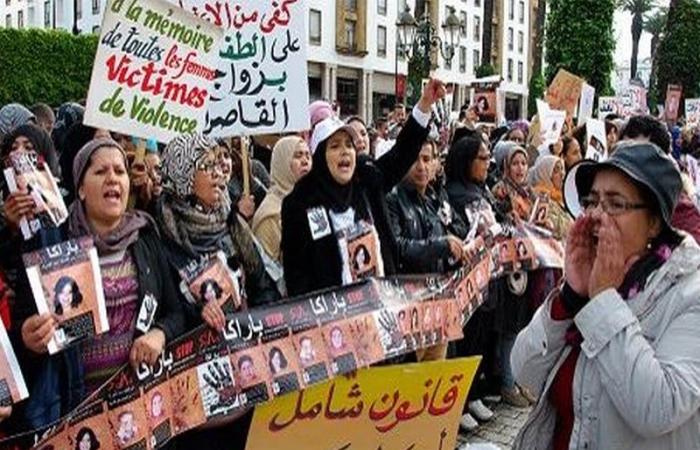On November 25, 2024, the world commemorates the International Day for the Elimination of Violence against Women, a United Nations initiative aimed at raising awareness and mobilizing against gender-based violence. This year, the “#NoExcuse. ALL UNiS” highlighted the theme: “Every 11 minutes, a woman is killed”.
The International Day for the Elimination of Violence against Women, celebrated every November 25, has its origins in a poignant tribute. This date was established by the United Nations in 1999 to honor the memory of the Mirabal sisters, three political activists brutally assassinated in 1960 under the dictatorship of Rafael Trujillo in the Dominican Republic.
Day with a heavy legacy
Their fight for freedom has made this day a global symbol of resistance to gender-based violence. Since then, this event has embodied a universal mobilization to break the silence and work towards a world where every woman lives in safety and dignity.
Violence against women remains one of the most widespread and underreported human rights violations. Globally, an estimated 736 million women – almost one in three – have experienced physical or sexual violence in their lifetime. These alarming figures underline the urgency of concerted action to prevent and eradicate this violence according to the UN. Faced with this situation, the global initiative “UNIT to end violence against women and girls by 2030”, launched by the Secretary General of the United Nations, calls for collective mobilization.
Since 2008, this program has brought together governments, civil society, young people, the private sector and the media around a common objective: to eradicate gender-based violence through awareness-raising efforts, advocacy and the sharing of innovations. While some nations have made significant progress in preventing and suppressing violence, others, like Morocco, are still struggling to translate these international commitments into tangible realities for their citizens.
Rworrying reality
In Morocco, the situation is just as worrying. According to the report of the High Commission for Planning (HCP), published in 2019, more than 82.6% of women – or eight out of ten women – have suffered at least one form of violence during their life. It is also this alarming reality: in the twelve months preceding this survey alone, more than 7.6 million women were victims of violent acts, in all contexts combined.
Faced with this reality, Morocco has undertaken several initiatives to combat violence against women. The “16 Days of Activism Against Gender-Based Violence” campaign is a notable example, although its impact remains limited. This campaign, which runs from November 25 to December 10 (Human Rights Day), aims to raise public awareness and mobilize civil society actors, public institutions and international partners.
Cultural and artistic performances, sporting activities symbolizing resilience, as well as open spaces of expression also allow participants to share their testimonies and their commitments in favor of a world without violence. These symbolic actions, although important, nevertheless struggle to mask the absence of solid measures to effectively protect victims and punish their attackers.
Despite these efforts, the Moroccan state’s response to violence against women remains insufficient, sometimes even fostering a culture of impunity. Human rights organizations have stressed that this situation leaves room for perpetrators of violations, domestic violence and sexual harassment.
Cculture of impunity to combat
The fight against violence against women in Morocco requires collective mobilization. It is essential to strengthen protection mechanisms, ensure rigorous application of existing laws and promote a culture of equality and respect. Awareness campaigns, education and the involvement of all stakeholders in society are essential to create a safe and equitable environment for all women.
On this International Day, it is crucial to remember that every action counts. Together, we can work towards a future in which no woman is the victim of violence and where equality and respect are the pillars of our society.
Morocco must abandon its half-measures and resolutely engage in the fight against violence against women. This requires strict application of existing laws, the creation of a more protective judicial system and the establishment of appropriate infrastructure. The State must also break the taboo around these issues by publicly recognizing their seriousness and mobilizing all the necessary resources.
This day is not just a reminder. It is a call to action, a cry of alarm in the face of a tragedy that affects millions of women every day. Morocco must choose: continue to minimize this scourge or assume its responsibilities by building a society in which no woman will have to live in fear. Silence, in this matter, is nothing other than complicity.






